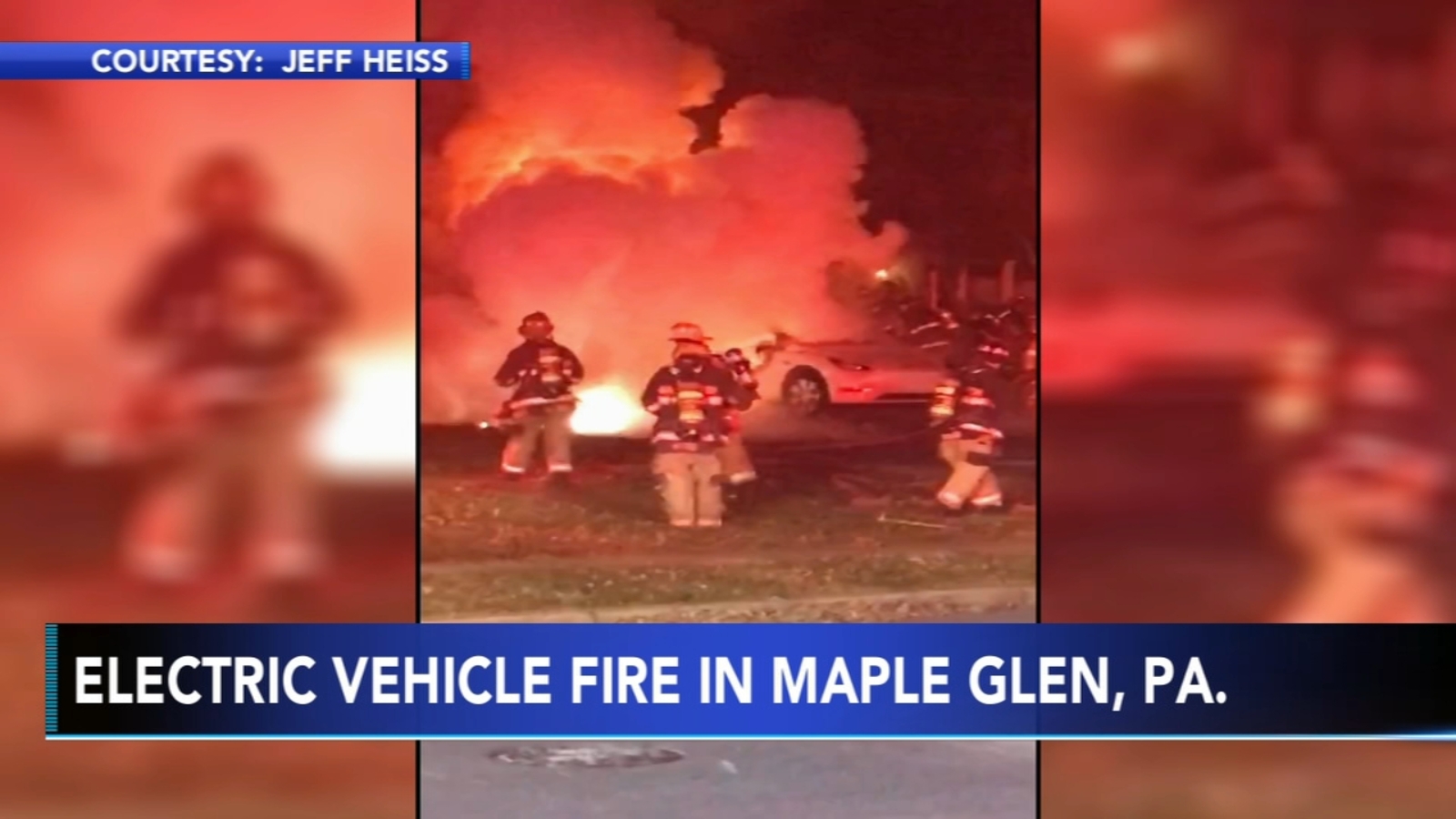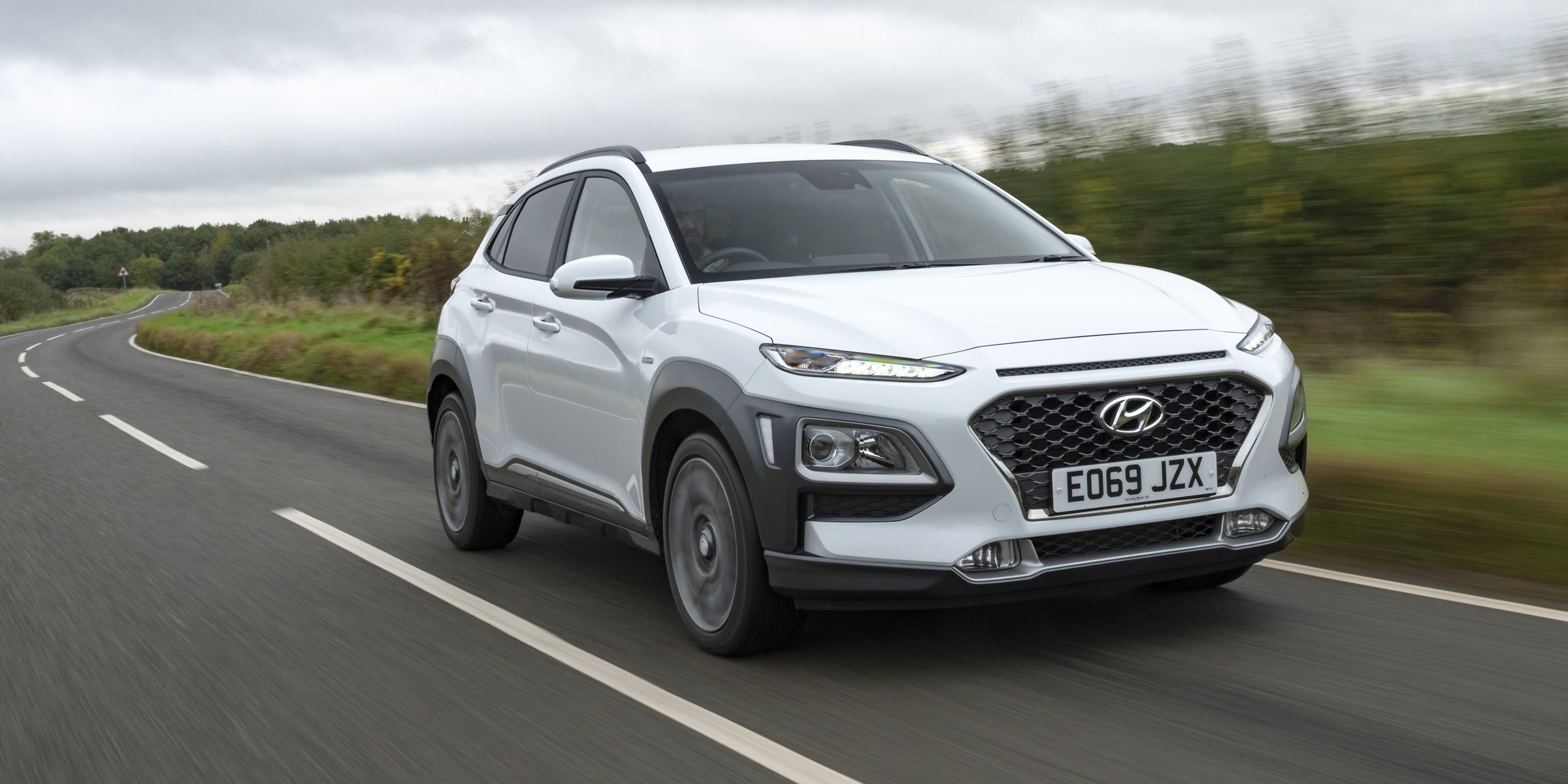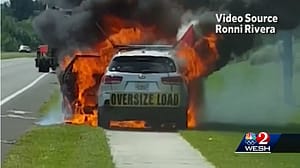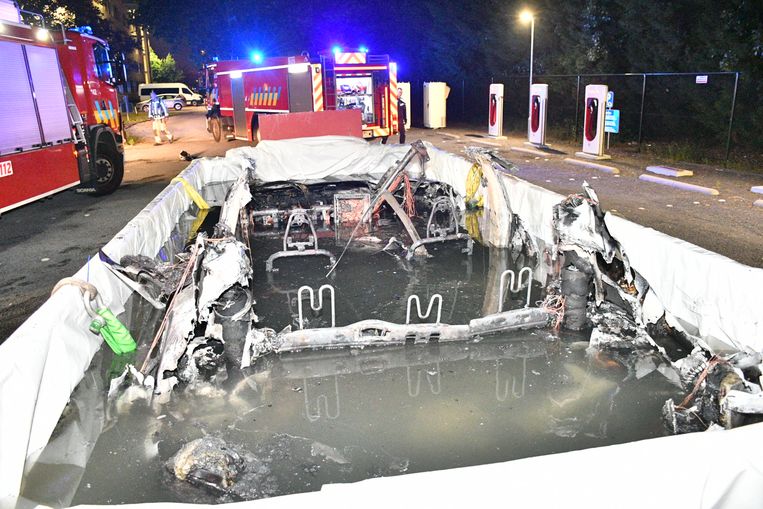Just saw this on my feed and got concerned:

 6abc.com
6abc.com
I usually leave my MY plugged in overnight in the garage and will be traveling this coming weekend. Never before really worries but reading this got a bit concerned. Any ideas what could cause something like this while the MY is charging? Anything that I can do to double check if all looks fine? TIA!

Video captures electric car burst into flames while charging outside Montco home
A Tesla went up in flames while it was charging outside a home in Montgomery County.
I usually leave my MY plugged in overnight in the garage and will be traveling this coming weekend. Never before really worries but reading this got a bit concerned. Any ideas what could cause something like this while the MY is charging? Anything that I can do to double check if all looks fine? TIA!









